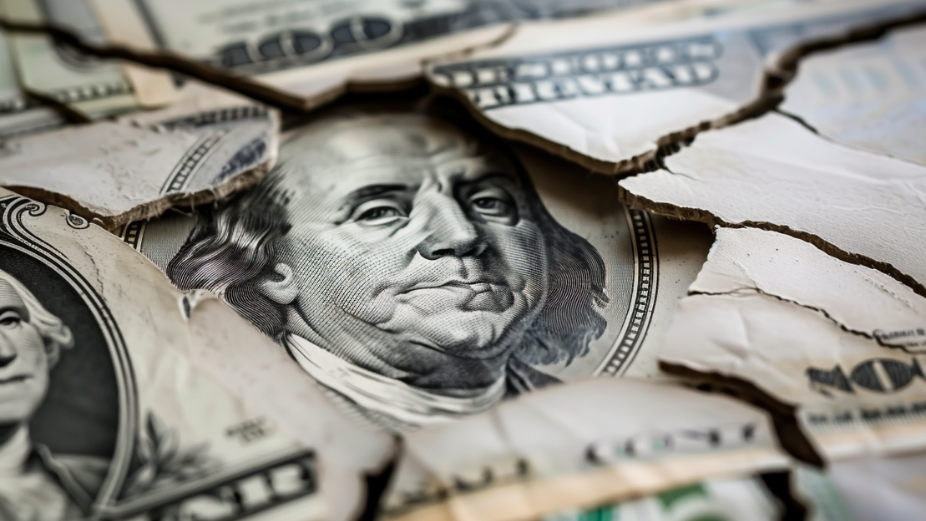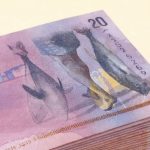
Despite a strong resurgence in tourism, with tourist arrivals exceeding previous years, the Maldives is facing a persistent shortage of US dollars. This scarcity has wide-ranging impacts on the nation’s economy, affecting businesses, importers, and ordinary citizens. Several factors are contributing to this complex issue.
Factors Contributing to the Dollar Shortage
The relocation of numerous Maldivian travel agents to Dubai and other foreign hubs due to tax disadvantages at home has resulted in a significant portion of tourism revenue remaining outside of the Maldives. This limits the inflow of much-needed foreign currency, leading to a strain on the nation’s dollar reserves. Additionally, the burden of substantial government debt, much of which must be repaid in US dollars, creates further demand for the currency, exacerbating the shortage. While tourist arrivals are increasing, two trends are contributing to lower green-tax collection (a tax levied on tourists). Firstly, there’s been a noticeable rise in arrivals to local islands, where visitor expenditures tend to be lower compared to luxury resorts. Secondly, the shorter average stay of 7.9 days also reduces overall tax revenue, even with the surge in visitor numbers.
Consequences of the Dollar Shortage
The dollar shortage, coupled with official exchange rate restrictions, has fueled the growth of an unregulated black market. Businesses may resort to this market to access dollars, often at inflated rates. This further weakens the official exchange rate and worsens the scarcity. The global economic landscape also plays a role. Rising oil prices and supply chain disruptions caused by the Russia-Ukraine conflict increase the costs of imported goods. This contributes to higher demand for dollars in the Maldives, putting additional pressure on the currency.
The Path Forward
The Maldives government faces a challenge in balancing its tourism strategy, managing its debt obligations, and safeguarding its foreign currency reserves. Policies encouraging greater economic participation by local businesses within the tourism sector could potentially increase dollar inflows. Revisiting tax structures and incentivizing longer tourist stays, possibly through tiered pricing models, may also prove beneficial. Collaboration with global tourism bodies to manage market expectations about currency fluctuation could aid in stabilizing the economic environment. Addressing the root causes of the dollar shortage is crucial for the Maldives’ economic stability and prosperity. By carefully examining these factors and implementing sound economic policies, the nation can work towards creating a more sustainable and prosperous future.











